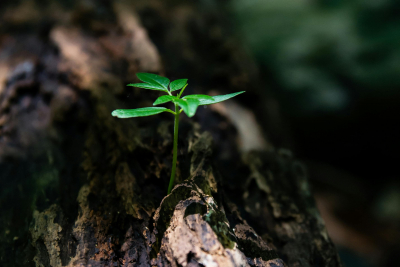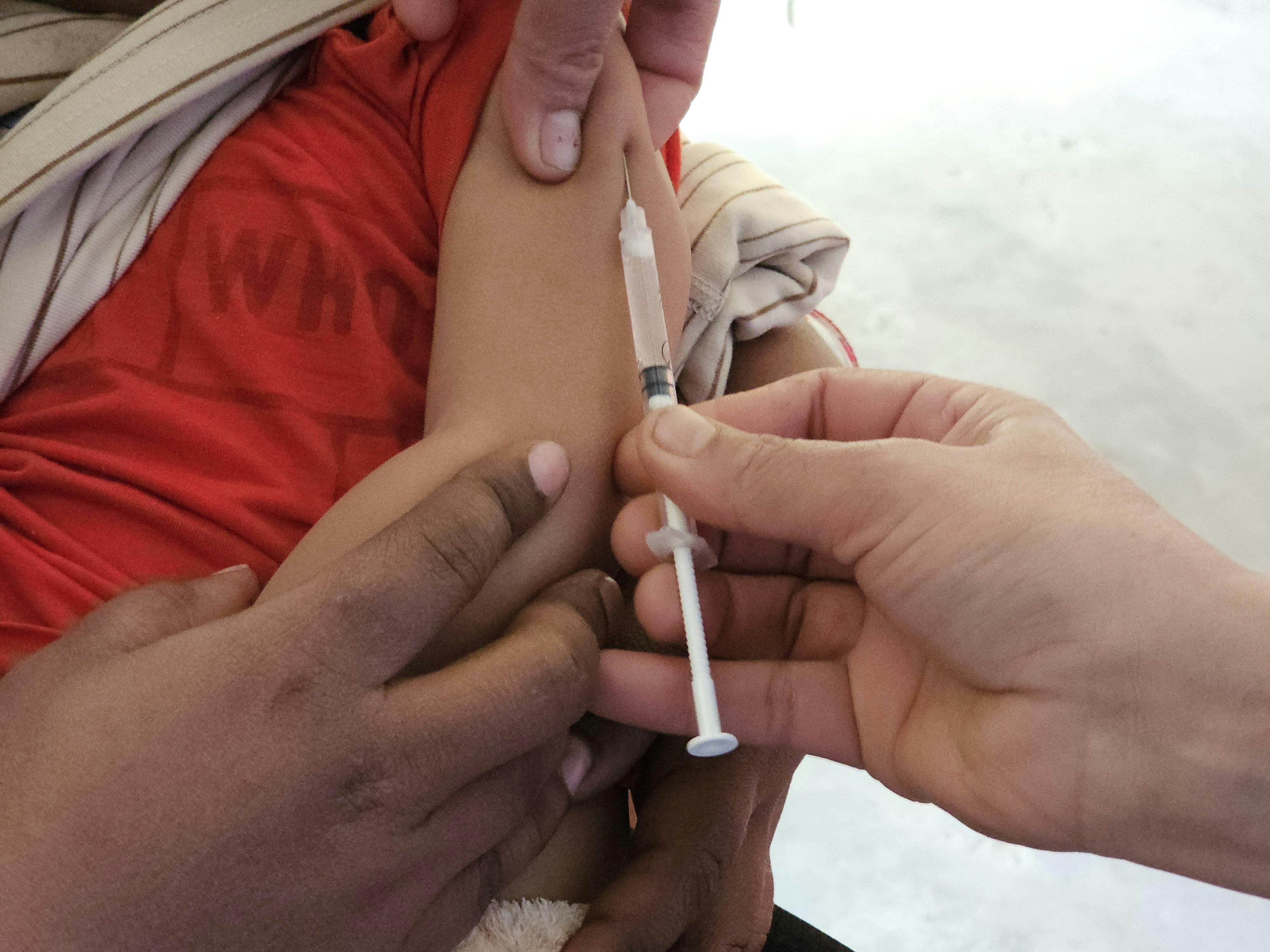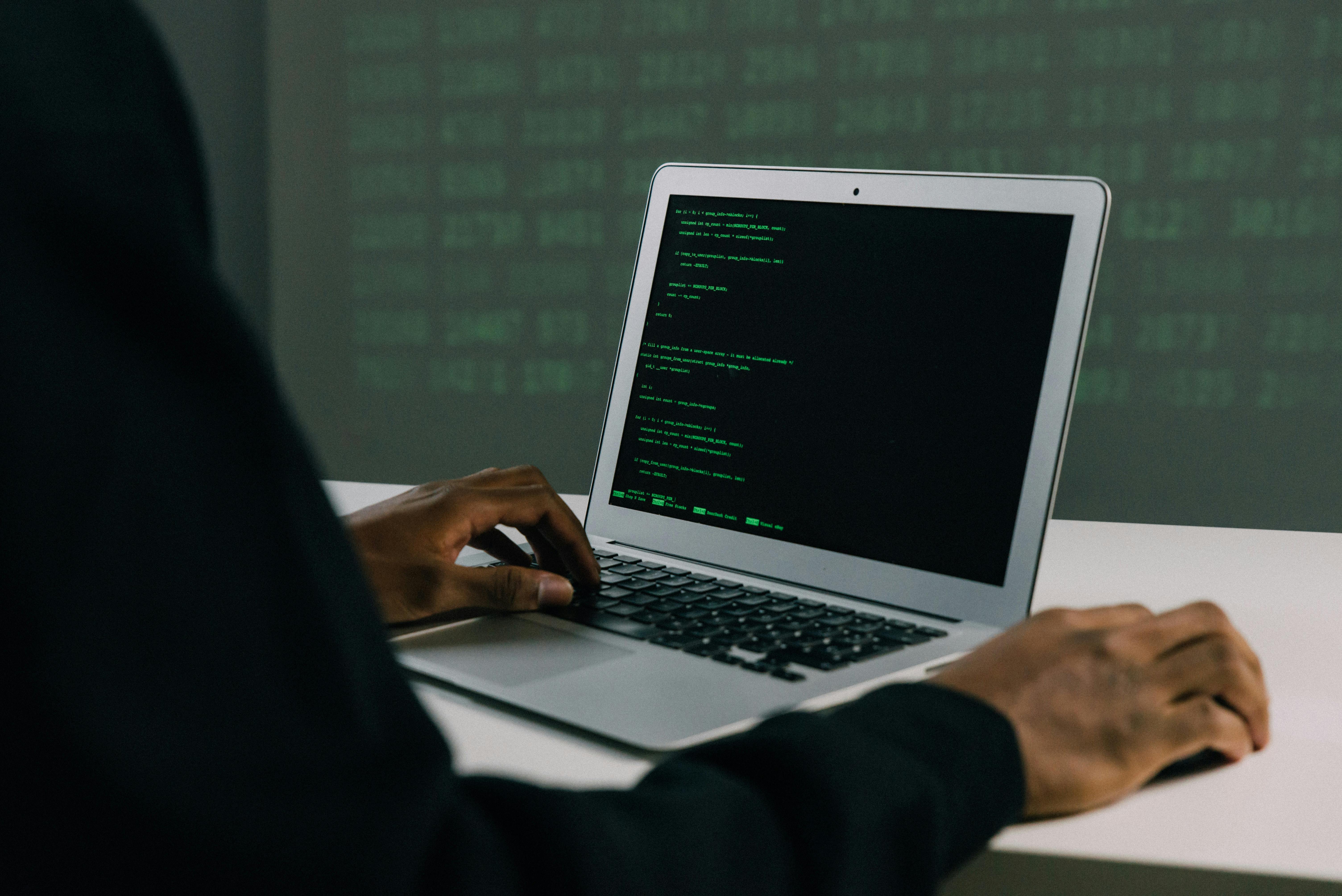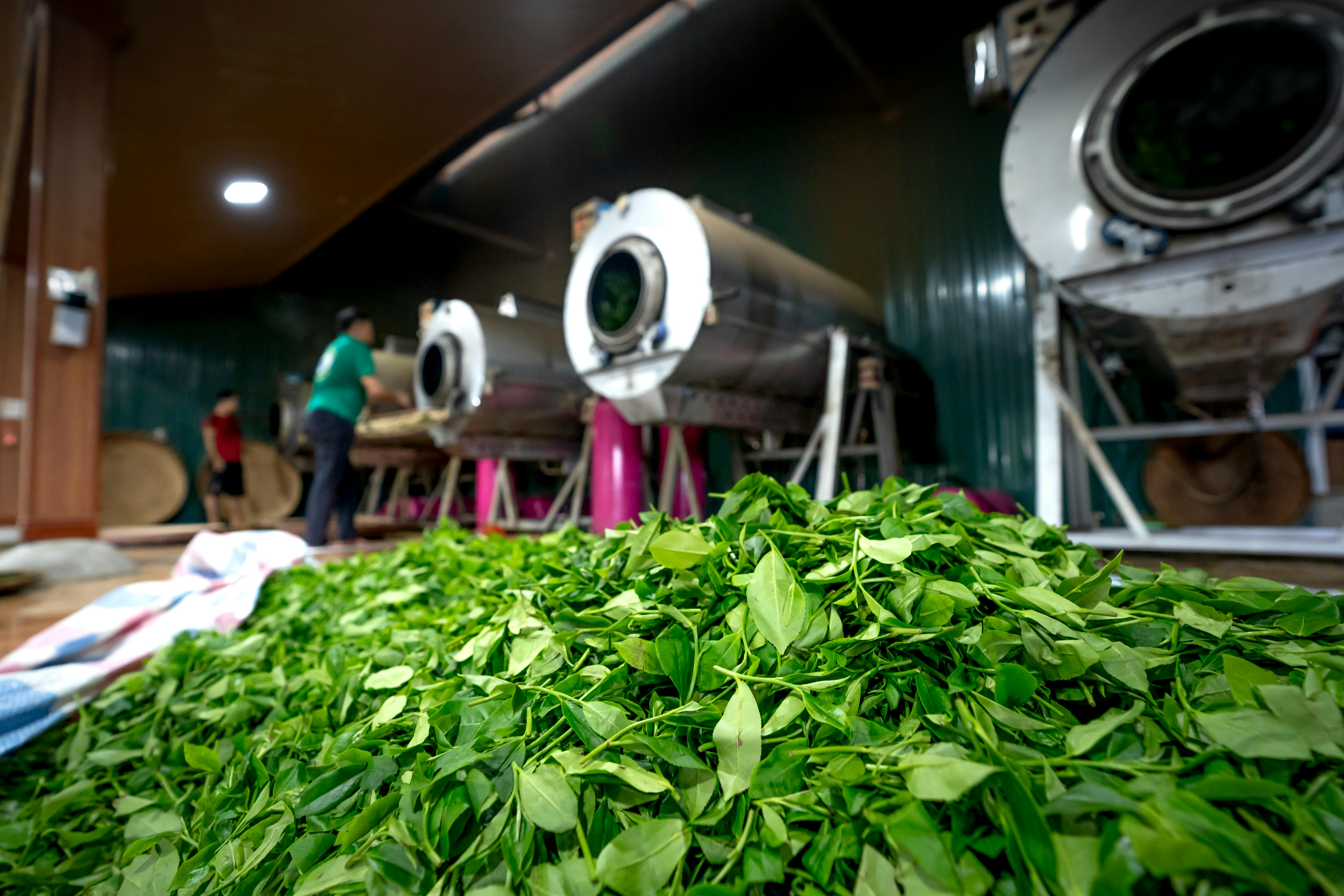


In 2023–2024, the InterAcademy Partnership (IAP) allocated small grants to initiatives designed to tackle pressing global challenges through scientific collaboration and innovation. These grants have empowered diverse projects, each addressing critical issues such as biosecurity, science diplomacy, academic integrity and sustainable development in the Amazon.
The supported projects showcase the transformative potential of collaboration among science academies worldwide. From promoting responsible scientific practices through biosecurity guidelines to curbing predatory publishing and fostering science diplomacy, these initiatives have demonstrated significant progress in their respective domains. Additionally, a groundbreaking Amazon-focused programme has engaged stakeholders across the Americas, spotlighting the importance of regional and global cooperation.
Read more about the achievements of each project:

The "Tianjin Biosecurity Guidelines for Codes of Conduct for Scientists" is a set of principles and standards of conduct that aim to promote responsible science practice and strengthen biosecurity governance at national and institutional levels. The guidelines consist of ten guiding principles and were developed through a collaborative effort. The primary objective of the guidelines is to prevent the misuse of bioscience research without hindering its beneficial outcomes, in accordance with the Biological Weapons Convention and in support of progress towards achieving the UN Sustainable Development Goals.
Despite dissemination efforts by major scientific associations such as the InterAcademy Partnership and the International Union of Biochemistry and Molecular Biology, there is still a low level of awareness among key stakeholders regarding the guidelines. To address this gap, this grant proposal outlines three goals.
By achieving these objectives, the project seeks to empower participating science academies of the IAP Biosecurity Working Group to address present and future biosecurity challenges while fostering cooperation among them. The expected outcomes of the project include increased engagement of scientists with online presence during the deployment of the communication plan, making available communication and training material that can be used beyond the duration of the project, training scientists via videogames to serve as multipliers of the Guidelines, increasing the number of the Guidelines endorsing entities and delivering an in-person activity dedicated to promoting the Guidelines and making use of videogame-based training. Ultimately, the project aims to promote responsible scientific practices and improve global biosecurity governance. Visit the website created for this project here.

The present proposal involves the Inter-Academy Partnership and the Indian National Young Academy of Science (INYAS), under the aegis of the Indian National Science Academy (INSA) and South African Young Academy of Science (SAYAS) EXCO member, South Africa and National Young Academy of Nepal (NaYAN). The goal of the project is to offer science diplomacy skills inclusively and equitably for the sustainable development of the society. The workshop training is expected to broaden the current understanding of scientists about the intersection of science and technology, foreign affairs and international relations which will help to address the multipronged challenges in designing the science policy at the national as well as international level. This will be essentially fruitful for scientists and other stakeholders of diverse specializations like engineering, technology, mathematics, medicine, etc. who understand science but may not be diplomats and vice versa. Such workshops will offer a dialogue on how to empower these science diplomacy players. Such cross-cultural interactions will make scientists, diplomats, policymakers and all the stakeholders future ready for global sustainable development.

Researchers resort to publishing in predatory journals due to the "publish or perish" culture. The problem is even more acute in the developing world, which has become a breeding ground for predatory journals. Although efforts are underway to combat predatory publishing, a large section of academics still fall prey to predatory publishing houses. Science academies can take a central role in safeguarding the quality and integrity of academia. This consortium aims to make a joint effort in several arenas to curb predatory publishing practices and influence decision-makers to disincentivize such practices. The goal of the consortium is collaboration among researchers, institutions, publishers and regulatory bodies to effectively address the issues related to predatory practices and ensure that science maintains its integrity and benefits society as a whole. The grant culminated in a webinar, watch the full recording here.

For many years, the Science Academies of the countries that share the Amazon rainforest (Bolivia, Brazil, Colombia, Ecuador, Peru and Venezuela) have been discussing the possibility of organizing, under the framework of IANAS, a programme focusing on the Amazon, a region of great importance not only for these countries, but also for the continent and the world. Previous initiatives to bring together the Academies from the region were organized by the Brazilian Academy of Sciences in partnership with IANAS. Among these, we can highlight the workshop “Amazon: Challenges and Perspectives for Regional Integration” held at the Memorial da América Latina, in São Paulo, in 2009. Another initiative took place in 2014, in partnership with the UN’s Sustainable Development Solutions Network (SDSN)-Amazonia, at the headquarters of the Foundation for Amazon Sustainability (FAS), in Manaus. For two days, representatives of the Academies joined Jeffrey Sachs in two panels. The first (“Science and the Sustainable Development of the Amazonia”) discussed strategies for mobilizing and engaging research institutions in the region, aiming at the design of a sustainable regional development agenda. The second (“Challenges, Opportunities and Contributions for the Sustainable Development of the Amazonia”) focused on topics such as:
Yet despite the success of these initiatives and interest of the National Science Academies of the region and of IANAS itself, we still lack an organized, articulated programme for the Amazon. The current proposal is designed with the aim of filling this gap. The proposed workshop will include the nations that share the Amazon Forest, as well as other countries from the Americas, as what occurs in the region has local, continental and global impacts. The workshop will take place in Brazil and will focus on how to most effectively engage the IANAS Academies on critical challenges related to the Amazon. Prior virtual meetings will culminate with a face-to-face meeting that will set the basis for the development of a new IANAS initiative focusing on the Amazon region. In addition to the Science Panel for the Amazon (SPA) and TWAS Latin America and Caribbean Regional Partner (TWAS-Lacrep), which have already agreed to be partners, we will invite other partners, including: the Brazilian Ministry of Science, Technology and Innovation (MCTI); the Brazilian Ministry of the Environment (MMA); the National Institute for Amazonian Research (INPA); the International Science Council (ISC), the conservation group Re:Wild, and the InterAmerican Institute for Global Change Research (IAI). We will also recruit leading scientific organizations from the three countries that are not represented in IANAS (Suriname, Guyana and French Guiana). Additional participants will include representatives from other local and international governmental and non-governmental agencies.
Please note, this initiative was supported in 2023 through Simons funding but not as a collaborative grant.
